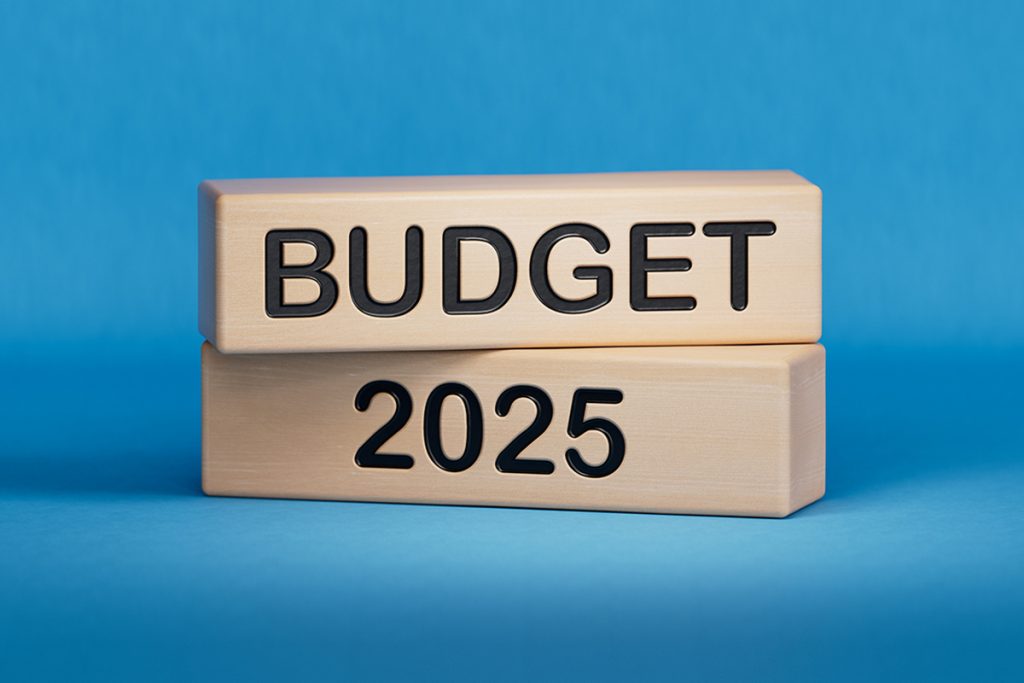On 25 March 2025, the Federal Government handed down the 2025–26 Budget, outlining a series of measures to ease cost-of-living pressures, boost housing supply, and provide targeted tax relief. While many initiatives still need to pass legislation, here are several proposals that may interest our clients.
Tax relief for low and middle-income earners
From 1 July 2026, the Government proposes reducing the tax rate on incomes between $18,201 and $45,000 from 16% to 15%, with a further reduction to 14% from 1 July 2027. These changes build on last year’s legislated cuts and aim to provide broader relief for working Australians.
Additionally, the Medicare levy low-income thresholds will rise from 1 July 2024. For example:
- Singles: up from $26,000 to $27,222
- Families: up from $43,846 to $45,907
- Single seniors and pensioners: up from $41,089 to $43,020
Energy bill relief continues
To address ongoing energy costs, every household—including those here in WA—and around one million small businesses will receive two $75 rebates on their electricity bills through to 31 December 2025.
Helping young Australians: Student loan reform
The Government plans to cut all outstanding HELP (Higher Education Loan Program) and other student debts by 20% before indexation on 1 June 2025. In addition:
- The minimum income threshold for compulsory repayments will increase from $54,435 to $67,000 from 1 July 2025.
- Repayment amounts will be lower for most borrowers, particularly those earning under $180,000.
This reform may provide welcome relief for many young Western Australians balancing loan repayments with the rising cost of living.
Boosting support for apprentices in housing
To tackle the housing shortage, the Budget outlines enhanced support for apprentices in housing construction trades:
- Eligible apprentices can receive up to $10,000 in financial incentives.
- Employers may access up to $5,000 through an extended Priority Hiring Incentive, now available until 31 December 2025.
Restriction on foreign ownership of established housing
From 1 April 2025, foreign individuals and companies will be banned from purchasing established dwellings for two years, unless exceptions apply. This measure is intended to free up housing stock for local buyers and renters.
More affordable medicines
To reduce out-of-pocket health costs, the general co-payment under the Pharmaceutical Benefits Scheme (PBS) will decrease from $31.60 to $25.00 from 1 January 2026.
Guarantee of early childhood education access
From January 2026, the Activity Test for the Child Care Subsidy will be replaced with a 3-day guarantee. All families will be eligible for at least 72 hours of subsidised early childhood education per fortnight, regardless of activity levels. This may provide greater access to care for families across WA, particularly in regional and remote areas.
Need help understanding what this means for you?
If you’d like to understand the impact of these changes on your personal situation, feel free to reach out to us.
